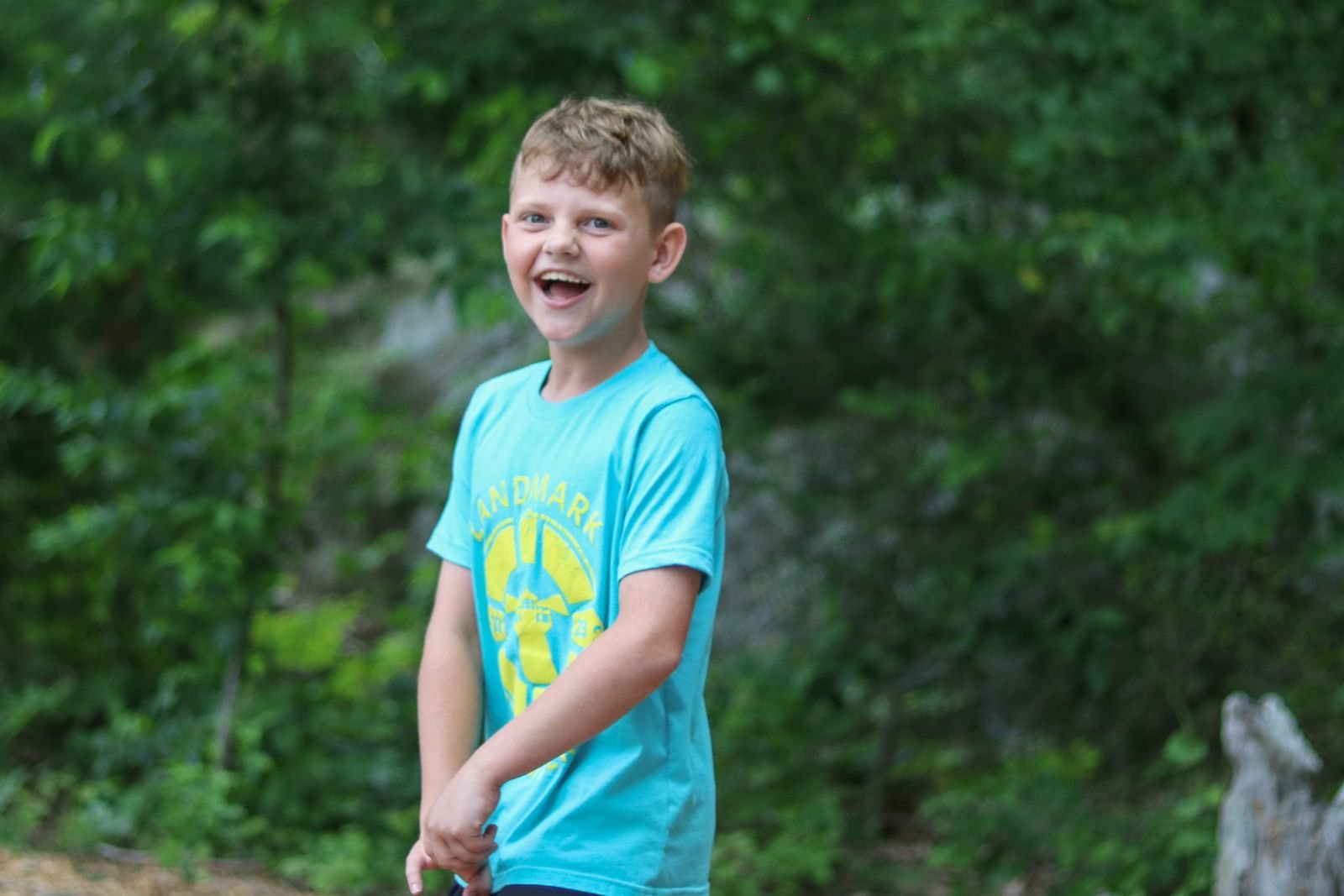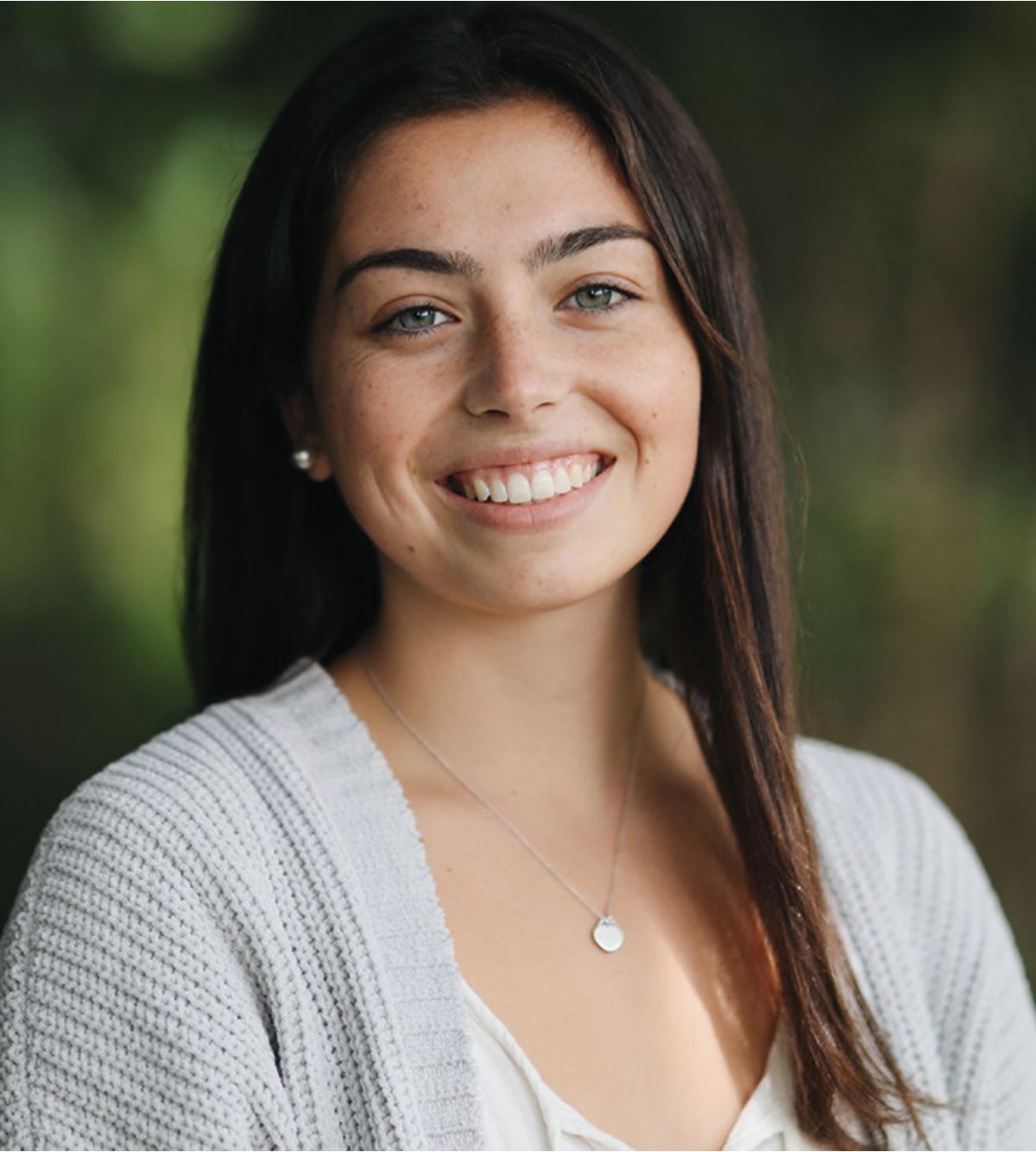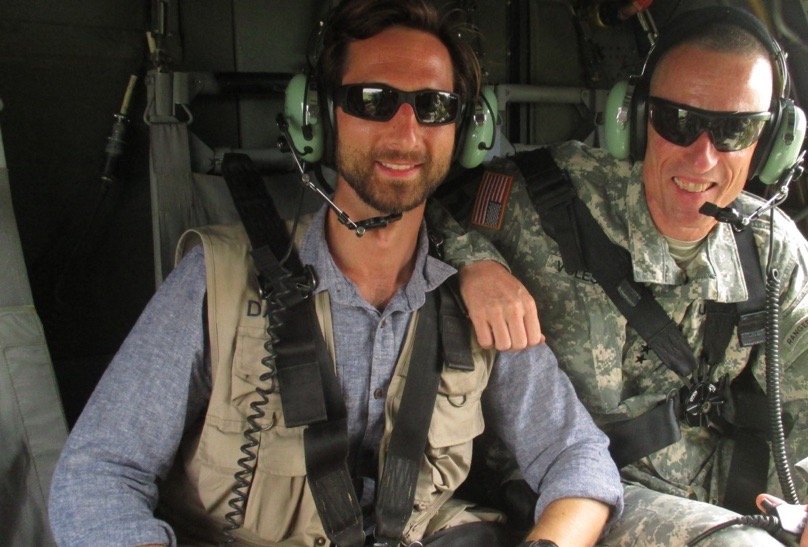- Our School
- Our Advantage
- Admission
- Elementary•Middle School
- High School
- Summer
- Giving
- Parent Resources
- For Educators
- Alumni

Maintaining a Sense of Community
by Beth Rowen P’20
Community has long been a defining feature of Landmark School, among faculty and staff, faculty and students, and the student population.
More than ever before, fostering relationships is especially important for educators who face new, stressful demands of remote and hybrid teaching models and for students who may feel isolated while learning remotely or miss seeing their peers on campus each day.
The COVID-19 pandemic has made maintaining camaraderie challenging on both campuses. Nevertheless, our faculty and students have innovatively created new ways to stay connected, while also preserving tried and true community-building traditions.
Elementary•Middle School Initiatives
At the Elementary•Middle School (EMS), Laura Polvinen and Alli Armstrong-Javors of the Counseling Department, initiated a Secret Buddy program. Teachers perform simple acts of kindness toward each other, such as writing a secret note, leaving a plant on a colleague’s desk, or mailing a painted rock to another faculty member’s home.
“These simple yet meaningful gestures bring a bit of excitement and joy during an otherwise tough time,” Polvinen said.
The Golden Croc, a tradition in honor of former faculty member Matthew Rutter, is still exchanged between faculty members to honor a special achievement, trait, or act of kindness.
Administrators encourage teachers to socialize, both remotely and in person at a safe distance. Teachers can eat lunch together in a “Virtual Faculty Dining Room,” and occasionally staff meetings are cancelled so teachers can enjoy fresh air in “Milkbreak Minglers.”
“Opening my email at the end of a busy day to find a staff shout-out was a very nice surprise! It feels good to know that people notice my effort and hard work, and it made me feel appreciated,” she beamed.
Show and Tell, which was conceived by EMS Reading Supervisor Meghan Sebens in the early days of the pandemic, remains a vehicle for teachers to share discoveries, tips, strategies, and resources for remote teaching.
Hazel Crowley, known on campus for her love of puzzles and expertise at word games, organized monthly EMS Trivia Nights in the spring and the tradition continues.
“Trivia is a perfect way to challenge the mind in a fun way outside of work. It’s also a terrific team sport—if you don’t know the answer, it can be exciting (and unexpected) to see which of your coworkers knows what random facts—and why!,” she said. “The event is a good morale booster—everyone has the chance to shine!”
Morning Meeting has become a place for both students and faculty to connect and share musings about anything from the Milkbreak menu to a fun fact about elections to the score of the previous night’s big game.
Deirdre Mulligan, the head of the Elementary Social Studies Department, created a digital Shout -Out Notebook for teachers to acknowledge accomplishments both large and small and offer each other words of encouragement. Sharon Musto, a public school liaison and academic advisor at EMS, was thrilled to receive a shout-out.
Laura Polvinen also organized Pod Mixers so students in each pod can “see” each other and interact. Students who are on campus gather in the counseling room and remote students participate via Google Meet, projected on a large whiteboard.
“We’ve played freeze tag, name games, category challenges, and charades,” Polvinen said. “The in-person students love to see their peers on the big screen, and it’s wonderful to see kids being kids together! They crave having activities in which they can just be social.”
EMS students also have opportunities to participate in several after-school activities, such as Bingo, American Sign Language lessons, cross country running, and soccer skills and drills.
High School Programs
Landmark High School students and faculty are known for their altruism and dedication to community service. Although the annual leaf-raking marathon was cancelled this year, nearly 20 faculty members—after two days of conferencing with parents—and a few young helpers gathered on a warm, sunny Friday afternoon to rake the yards of fellow Landmark faculty and staff.
“It was wonderful to help fellow community members. The best part was in-person time with such wonderful, giving people,” said Kim Hildebrandt, a member of the Marketing and Advancement teams.
The raking event was one of the few initiatives held face to face. Rev. Bill Ferguson established a community service club that meets once a month virtually. Students discuss ideas for service and how to make them happen, and the month is spent implementing the initiatives. Students are making blankets and assembling care packages for the homeless, making masks for area hospitals, and recruiting volunteers to help at a local immigration center where they teach English.
“Everyone takes the virtual situation in stride, realizing that this is a temporary inconvenience and we do it for good reasons,” said Rev. Ferguson. “The students have simply been great about it, upbeat, and delightful. That’s one thing that hasn’t changed!”
Kiley Murphy, a High School faculty member, teaches yoga to fellow educators once a week. Her classes combine Vinyasa Flow and restorative yoga. Early in the fall, classes were held outside, but as the weather got cooler, the classes went virtual.
She said since the pandemic began, teachers have been feeling a lot of stress and experiencing burnout.
“Since our approach became so much more complex and stressful since COVID-19 started, I thought that the faculty and staff could benefit from something just for them,” she said. “The classes offer teachers an opportunity to get together and relax. Before and after the class people chat with each other. It’s nice to know that we aren’t alone in how we feel and to enjoy each other’s company outside of the classroom.”
On Friday mornings, faculty members gather for a virtual Milkbreak. Along with sharing news and updates, Milkbreak provides teachers a chance to pause mid-morning and gather as a community, problem solve, and take a deep breath. Each week, a faculty or staff member presents the Silver Bullet to a colleague who has made a difference to the community. The “bucket” is another Milkbreak tradition that continues. Teachers contribute money to the bucket fund, and at least one teacher starts the weekend off with a few extra dollars in their pocket (or Venmo account) when Christine Barrett, head of the Early Literacy Program, uses a virtual tool to select the winner.
Student Connections
Athletics and after-school activities have always provided opportunities for our students to try something new, further explore an area of interest, or just hang out with like-minded classmates and friends. After winter break, the Student Life Department introduced a wide range of virtual activities, including chess club, improv theater, stock club, team training, yoga, and mindfulness to keep students connected.
“These activites are a great way for students to interact and connect outside of school. It’s important for our students who are remote or hybrid to socialize with friends so they don’t feel isolated,” said Jeff Fauci, assistant dean of students.
While we’ve all become adept at navigating virtual meetings and classes, the importance of taking time to engage socially to share a joke, anecdote, or observation has never been more evident.




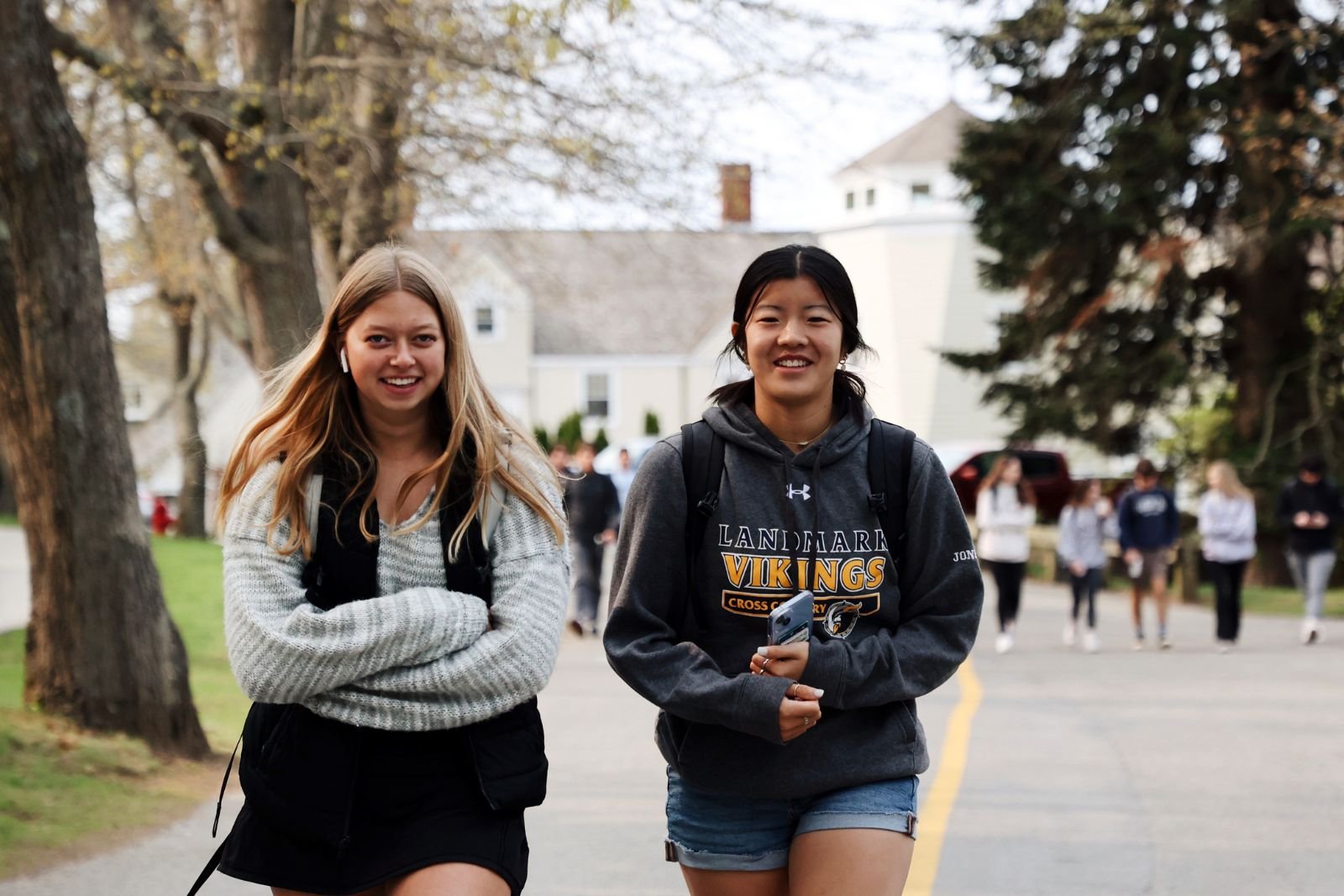
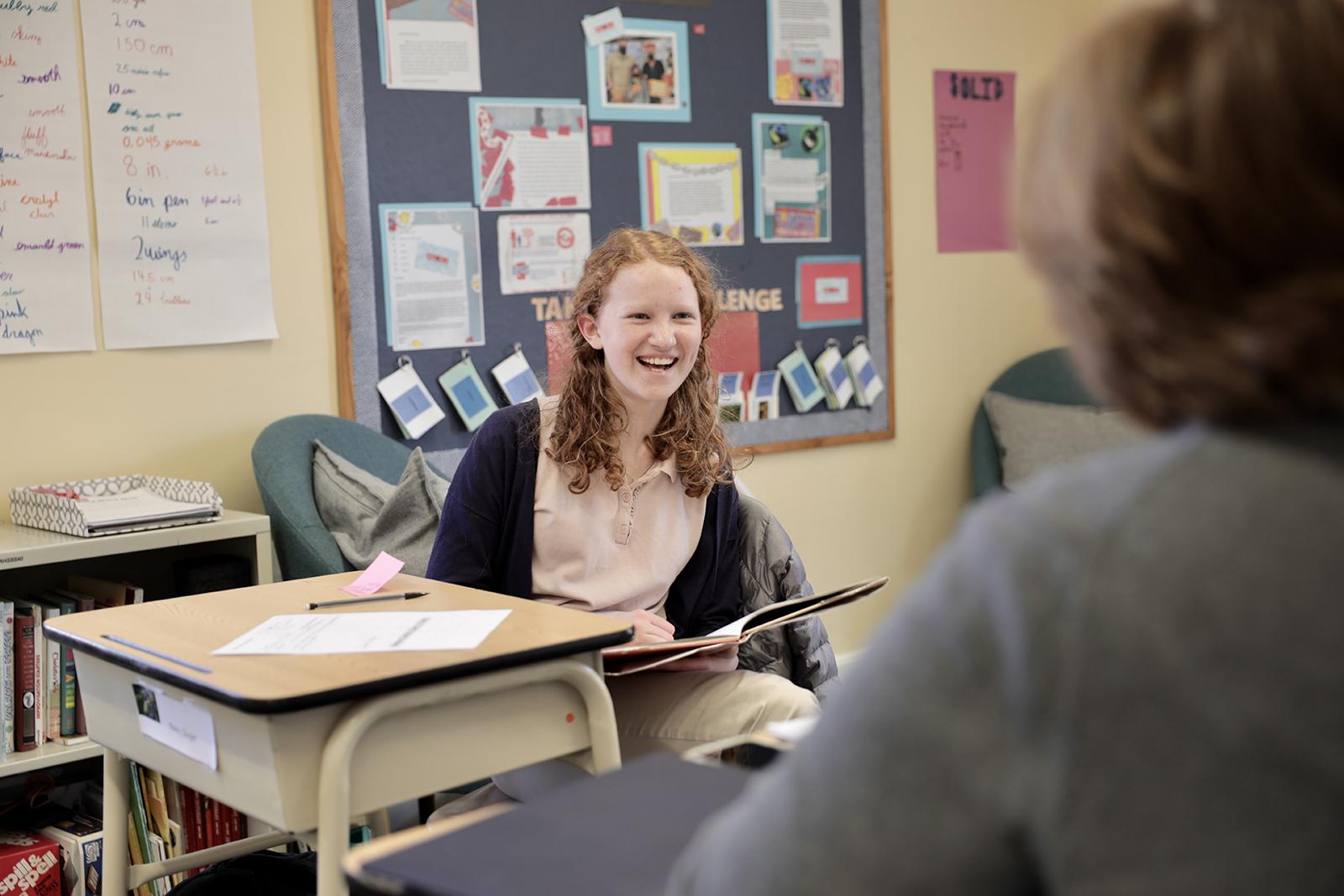
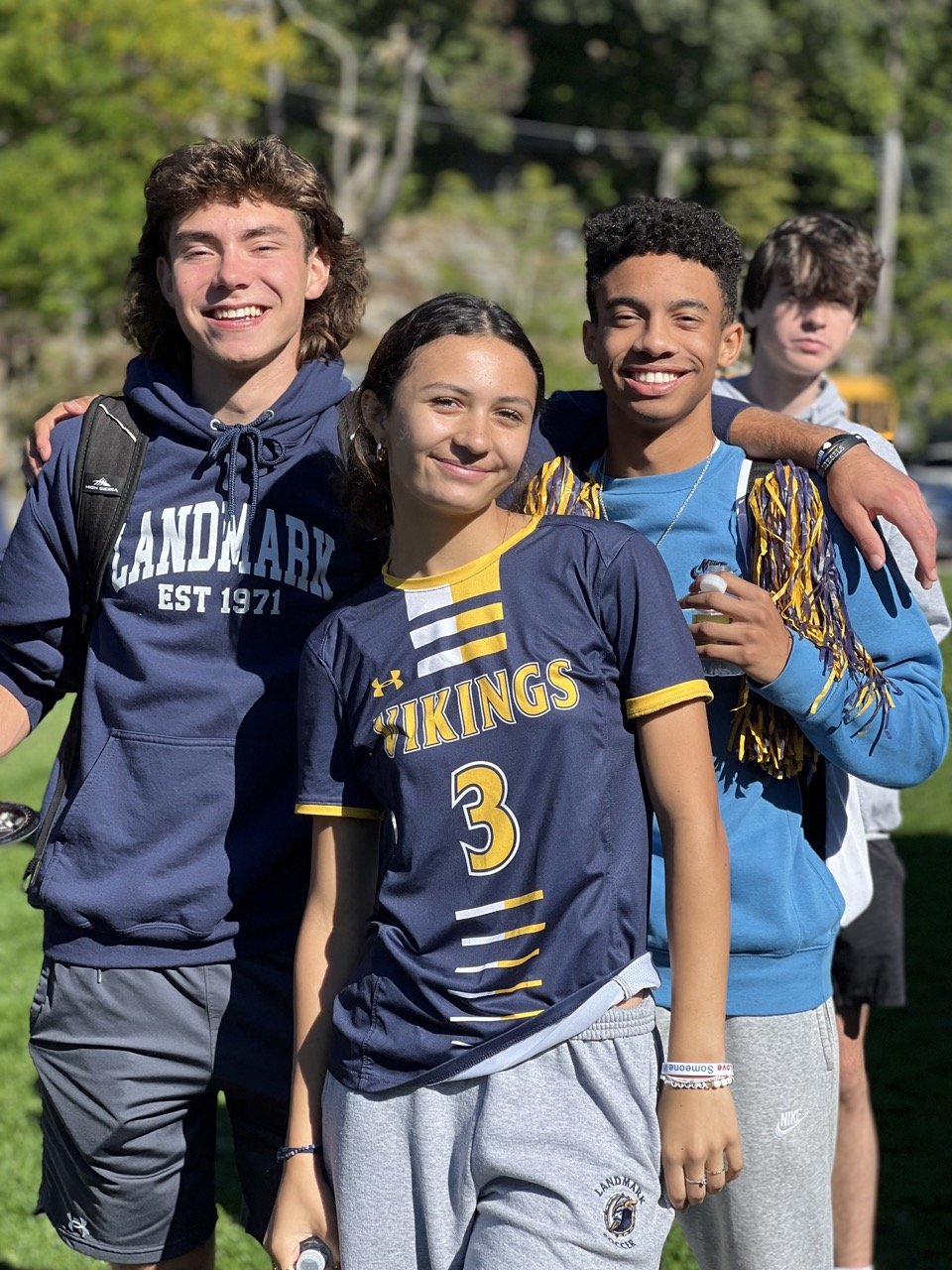
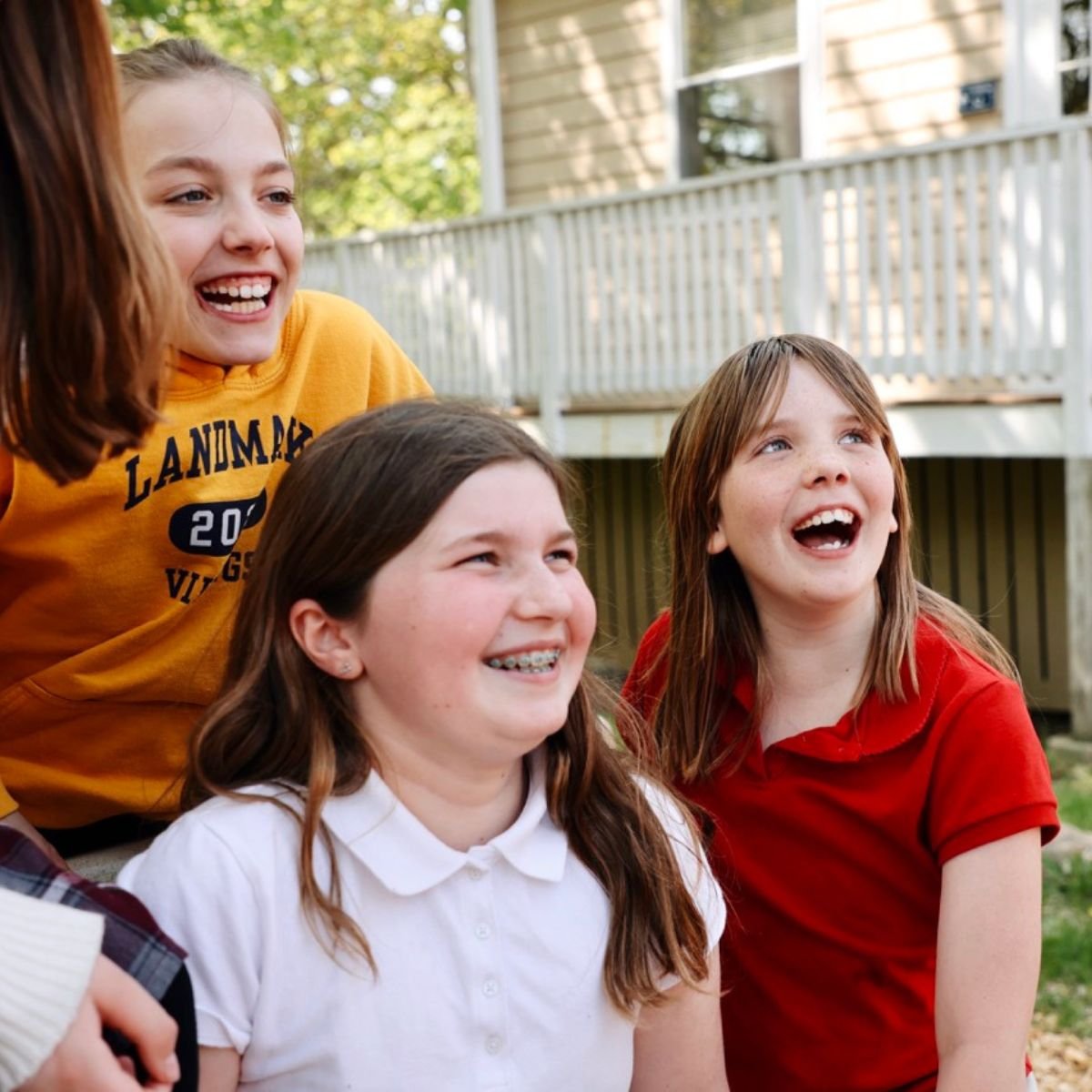
.jpg?v=1652115432307)
